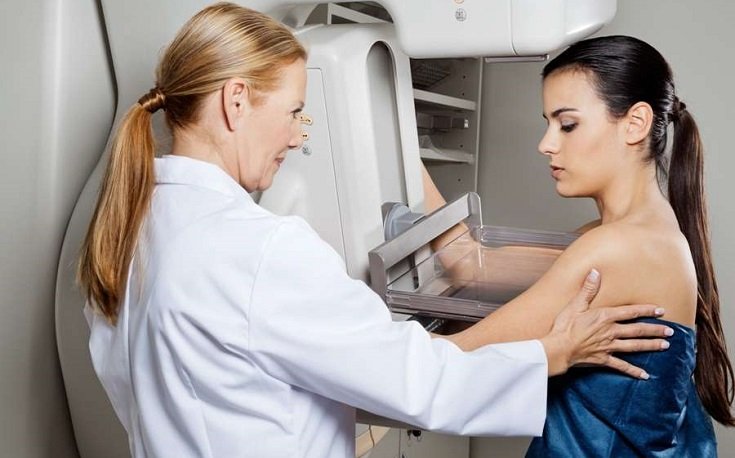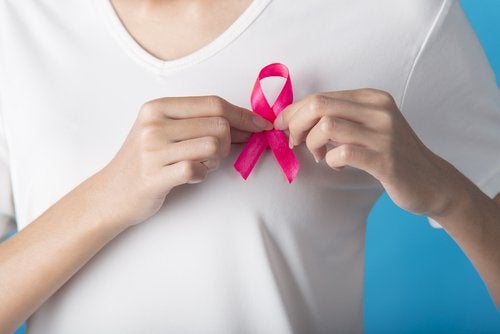Getting an early mammogram is not a good idea for these 3 reasons

The debate about mammography remains very much in current discussion topics. Some people praise mammograms while others are against the X-ray imaging system. Over the years, however, some cancer experts have even begun to question the seemingly outdated and potentially harmful breast cancer screening method that is still prevalent nowadays. With that being said, getting a mammogram too early is not a good idea for the following 3 reasons.

But with so many institutions claiming that mammograms are important and absolutely necessary, it can be difficult to hear the other side of the argument and alternative options. In particular, there are three areas that we will explore in this article: who benefits, the problem of over diagnosis, and the reality of existing research.
In the Western world, there are generally two sides: Side A believes that routine mammography exams should be done between the ages of 40 or 50, while Side B believes that routine tests are not necessary or essential. Why is this important? Because prevention of breast cancer is something that obviously should not be taken lightly. So, let’s dive into the facts.
Table of Contents
1. Who benefits from early mammography tests?
While breast cancer screening tests are ultimately the individual’s choice, many women face great rejection from personal health care providers. You’ve probably heard horror stories from doctors telling patients that they can’t be their doctor unless they agree to a mammogram. Why put a patient in that position? Possibly for profit.
Everyone can probably agree that these breast cancer awareness groups present a noble cause. However, because the major companies involved support early mammography, the question arises: “Is it possible for a nonprofit to maintain its integrity and critical stance on an industry that benefits from the same societal issue it is trying to address? solve?”
2. Is breast cancer really over diagnosed?
In 2009, it was proposed to change the recommended age for breast cancer screening from 50 to be lowered to 40. Although this suggestion was not immediately adopted, a growing body of research has helped alter the guidelines, which consists of one mammogram every other year for women 50 to 74 years of age.
This 10-year change suggests that women are likely over diagnosed. In fact, researchers published a study in March 2017 to determine whether mammography breast cancer testing actually shrunk advanced tumors (that is, larger than 20mm) between 1991 and 2010.
Taking place across Denmark, the researchers compared the occurrence of breast cancer in two ways in areas with and without mammography screening:
- Women ages 50 to 84.
- Women aged 35 to 49, 50 to 69 and 70 to 84.
The study findings.
Based on their results, the researchers suggested that “between a quarter and a third of the breast tumors diagnosed in women who were offered a screening mammogram were over diagnosed. In other words, these tumors would never have caused a notable health problem or led to death.
You may be wondering what makes that statement so important, since mammograms don’t really seem to decrease the quality of life for women. However, being diagnosed with breast cancer in the first place means that many women probably received unnecessary and potentially harmful therapies (for example, surgery, radiation, and chemotherapy).
3. Do studies really show that getting a mammogram early benefits woman?
Proponents of early mammograms are generally the same people who claim that it will save your life. However, the main problem with such a claim is that it confuses “disease-specific mortality” with “overall mortality.”
And overall mortality should be the benchmark that advocacy groups and medical professionals have for their claims related to screening. There has never really been a cancer screening test that helps reduce overall mortality.
In fact, after reviewing 10 meta-analyzes of cancer screening trials, the researchers found that although a reduction in disease-specific mortality was evident in 3 studies, 0 studies had reductions in overall mortality.
Clearly, everyone could benefit from more research showing why or not you should have a mammogram. But for now, the best thing you can do is stay aware of the changes that are taking place in your body and speak with various experts who can help you navigate this decision.


